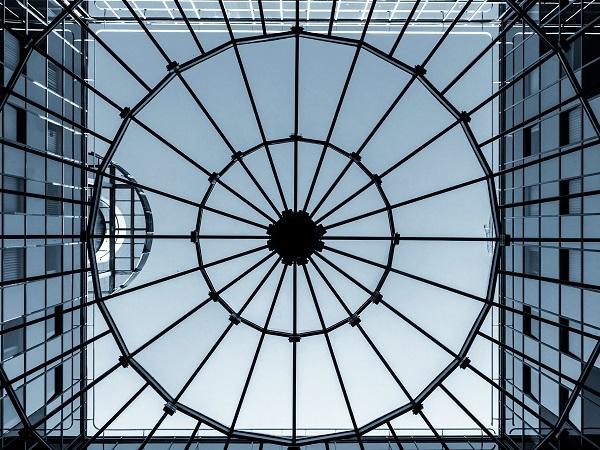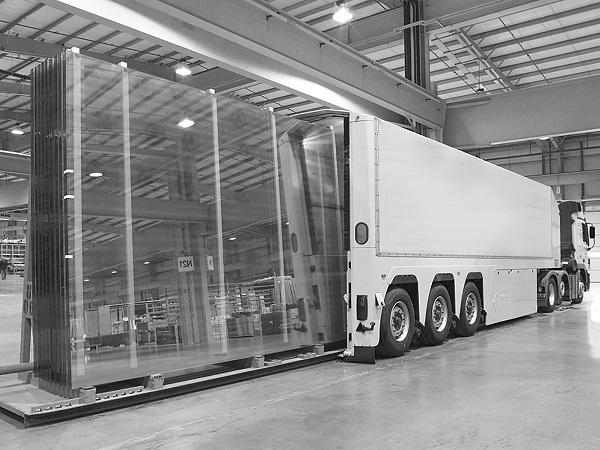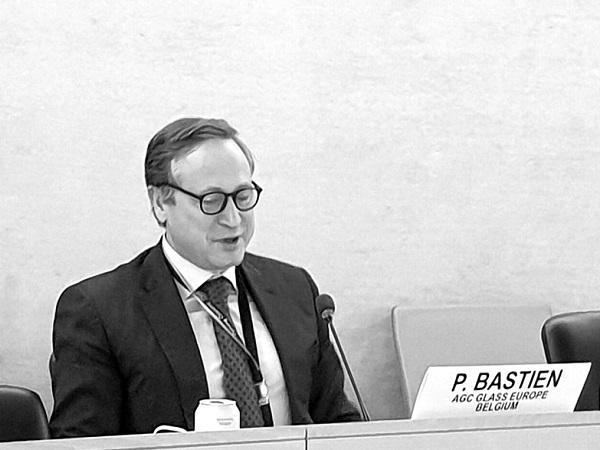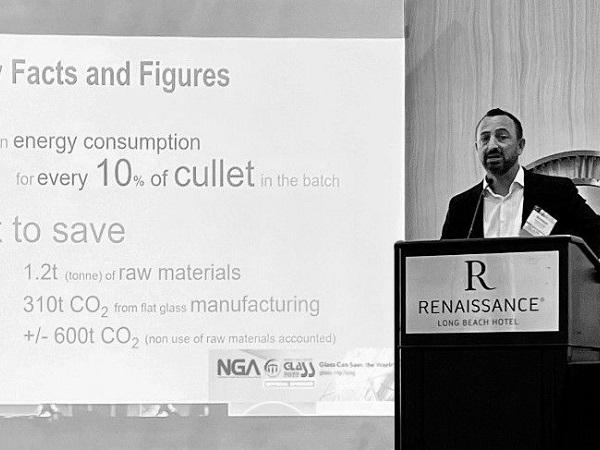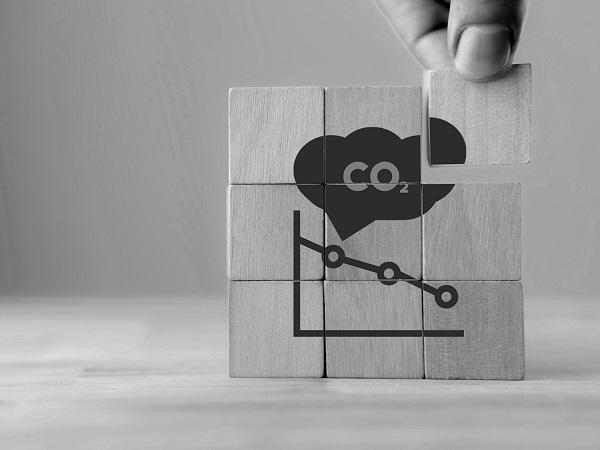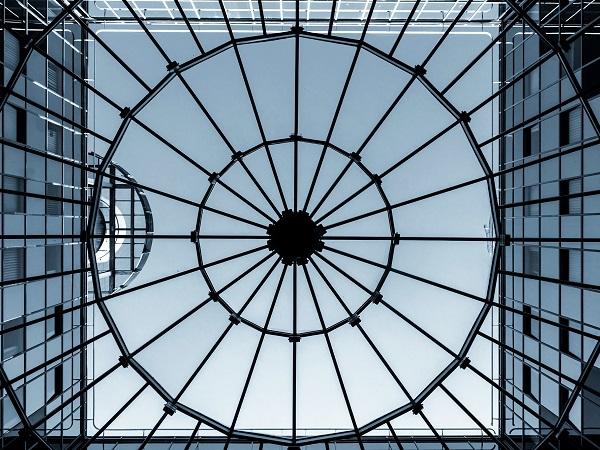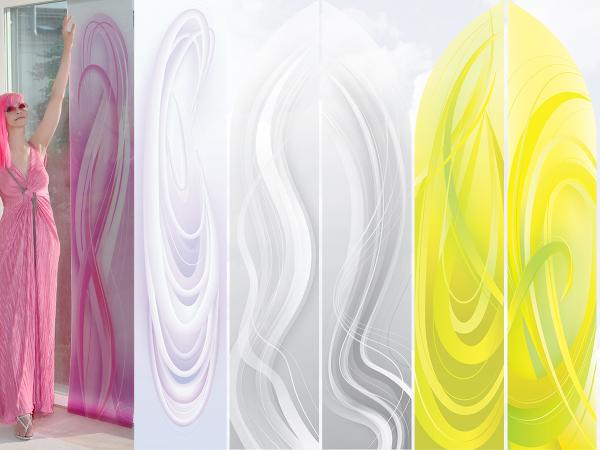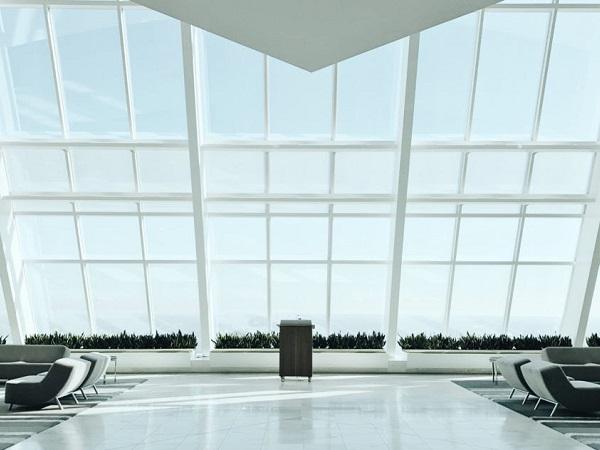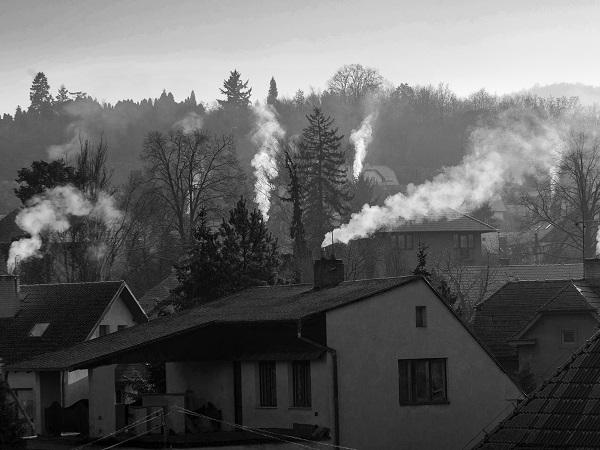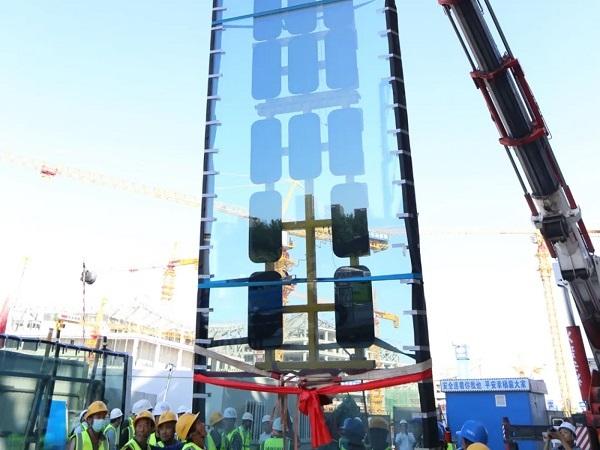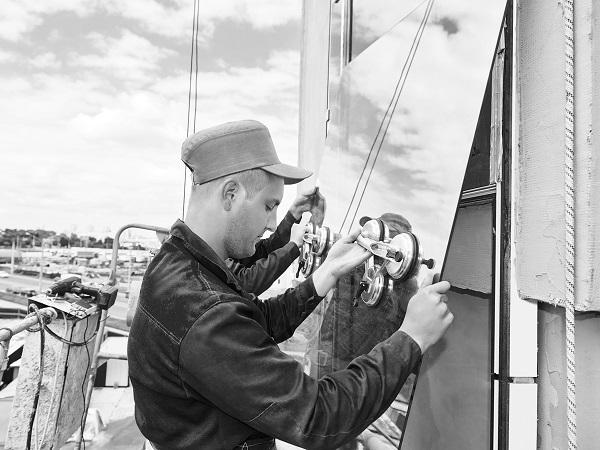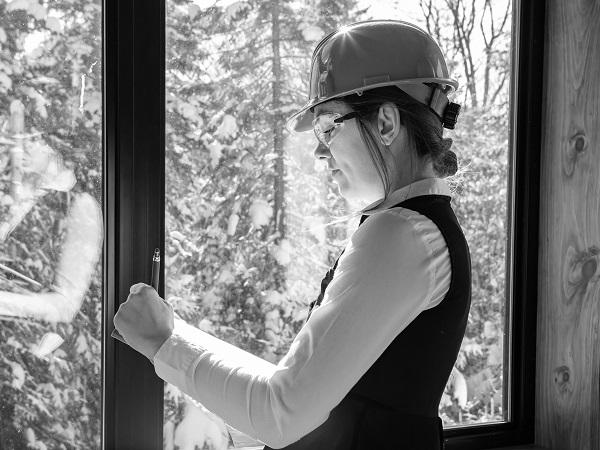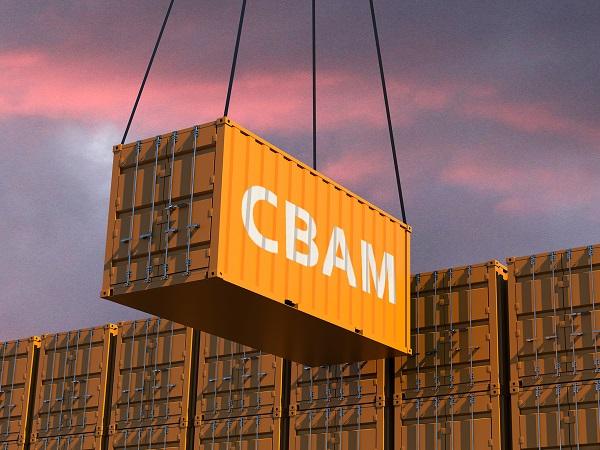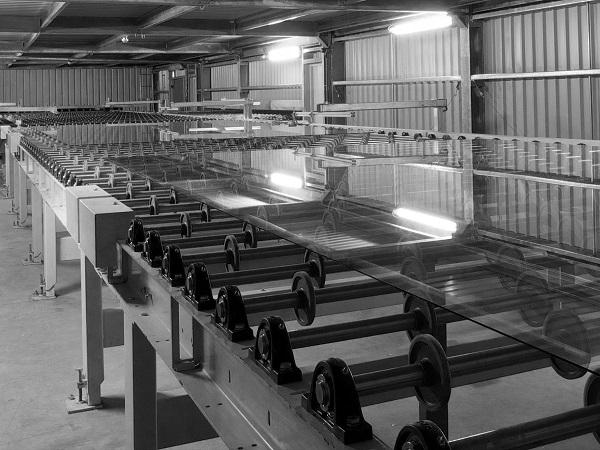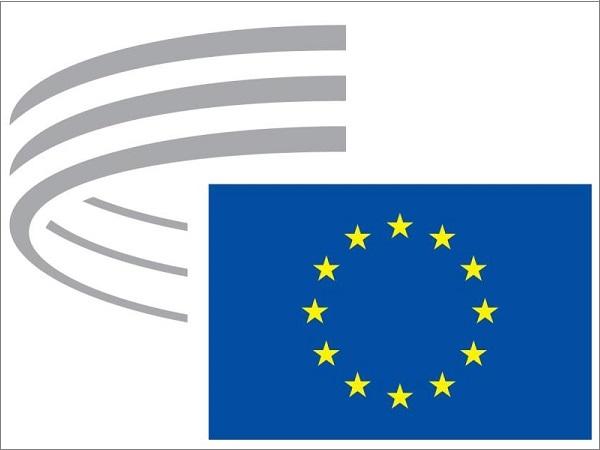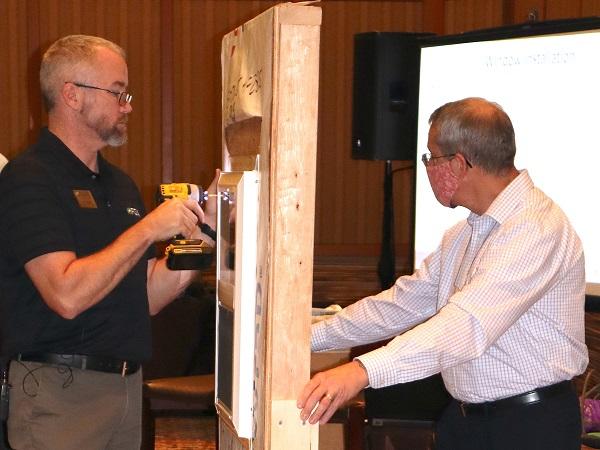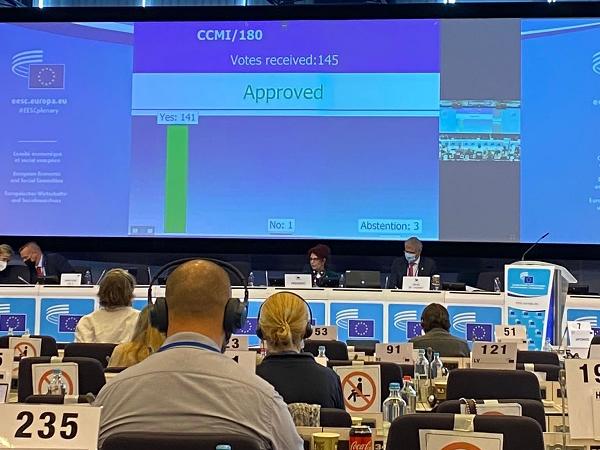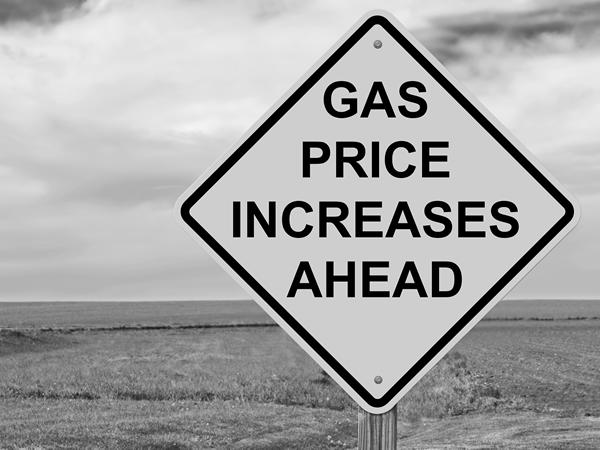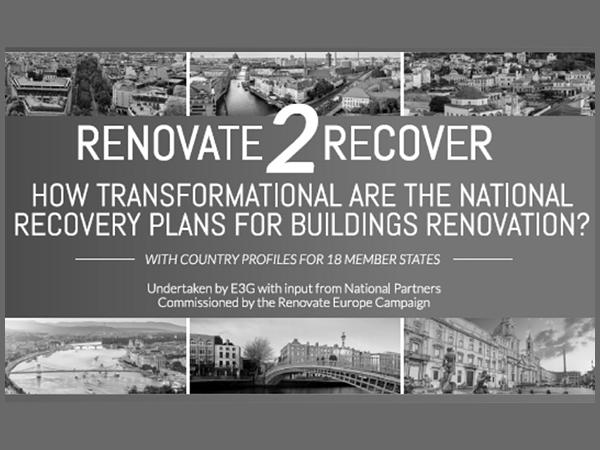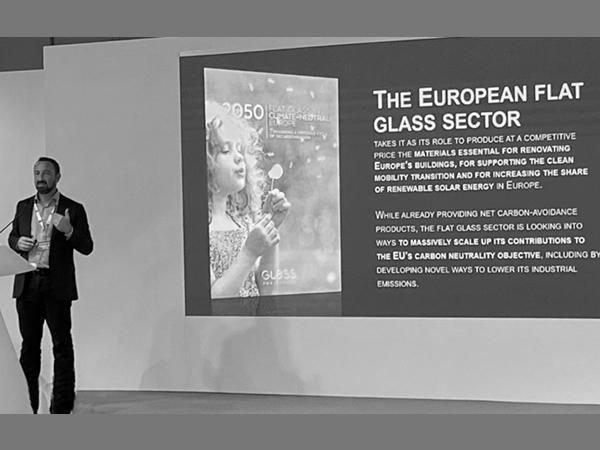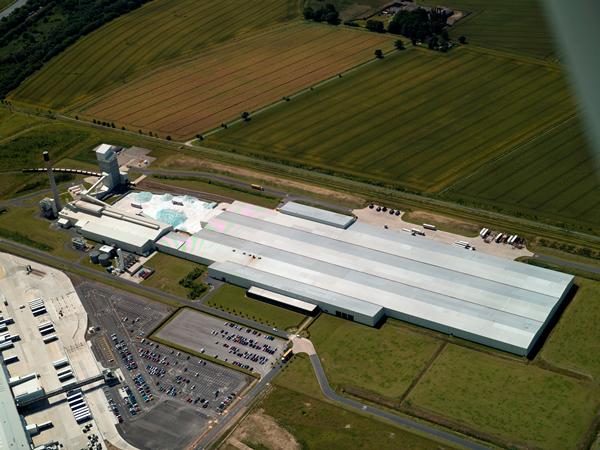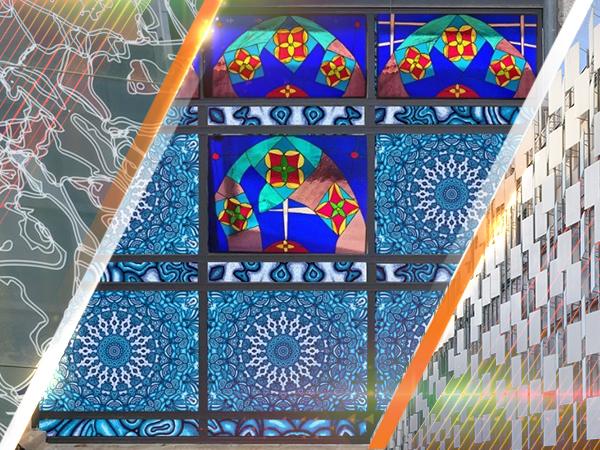Others also read
The EPBD has contributed to improving the energy performance of European buildings and our associations ARGE, European Aluminium, EPPA, ES-SO, EuroWindoor and Glass for Europe are strong supporters of this framework.
On February 17th, Glass for Europe answered to the public consultation on “Commercial vehicles – weights and dimensions (evaluation)”.
In both the European Parliament and the Council, the legislative debate on the fit for 55 package becomes more intense.
Today, the Chairman of Glass for Europe Philippe Bastien was at the Palace of Nations in Geneva for the opening ceremony of the International Year of Glass.
European flat glass manufacturers promotes the dismantling, collection and recycling of end-of-life building glass (from windows, glazing and other products) to ensure that end-of-life flat glass does not end up in landfill.
The European flat glass sector association releases today its recommendations on the Carbon Border Adjustment Mechanism.
The European flat glass sector association releases its recommendations on the review of the Emissions Trading Scheme Directive.
The European flat glass sector takes as its role to produce the materials essential for renovating Europe’s buildings, for supporting the clean mobility transition and for increasing the share of renewable solar energy in Europe.
Meeli Kõiva (aka Mery Crystal Ra) celebrated her 30-year career as a pioneering international artist of glass and light with a conference, “In the Light of Energy Fields: Meeli Kõiva Meets Mery Crystal Ra,” at the KUMU Auditorium in Tallinn on…
To decarbonise the EU building stock and boost its sustainability, the European Commission is on right tracks, but it needs to accelerate.
Glass for Europe has released its position paper on the extension of the EU ETS system to buildings and transport.
The two sections of Beijing Municipal Administrative Center Library have 276 pieces of large glass supplied by NorthGlass.
Glass Alliance Europe answered to the stakeholder consultation on the Staff Working Document “For a resilient, innovative, sustainable and digital energy-intensive industries ecosystem: Scenarios for a transition pathway“, to which Glass for Europe…
High-tech glazing play a crucial role to make buildings more energy efficient, but flat glass technologies are also essential to the clean mobility transition and to renewable solar energy production.
The CBAM shall be versatile, free from dangerous loopholes, and able to preserve complex EU-based value-chains.
The flat glass sector is energetically exploring novel ways to lower its industrial emissions and massively scale up its contributions to the EU’s climate neutrality objective.
Growing steadily with new investments globally, Şişecam is making its first European glass packaging production facility investment in Hungary.
Adding to the dialogue on the transition towards a climate-neutral society, the European Economic and Social Committee (EESC) has called for more action to be taken to protect the European glass industry.
In-person participants at the 2021 FGIA Hybrid Fall Conference had the unique opportunity to see two window installation best practices highlighted in a live demonstration by FGIA Technical Staff.
The EESC – European Economic and Social Forum has approved the opinion “Glass in Europe at a crossroads: delivering a greener, energy-efficient industry, while enhancing competitiveness and maintaining quality jobs”.
Glass for Europe supports the EU industry’s calls for immediate action to address the steep rise of energy prices.
Based on the findings of the Renovate2Recover study, Glass for Europe calls on Member States to take additional measures to support building renovation.
Glass for Europe was at Vitrum Milan to talk about “Circular economy in the European building glass sector” and to meet with the colleagues of the International Community of Glass Associations.
Guardian Glass is investing in the future of commercial and residential building in the UK and Ireland.

